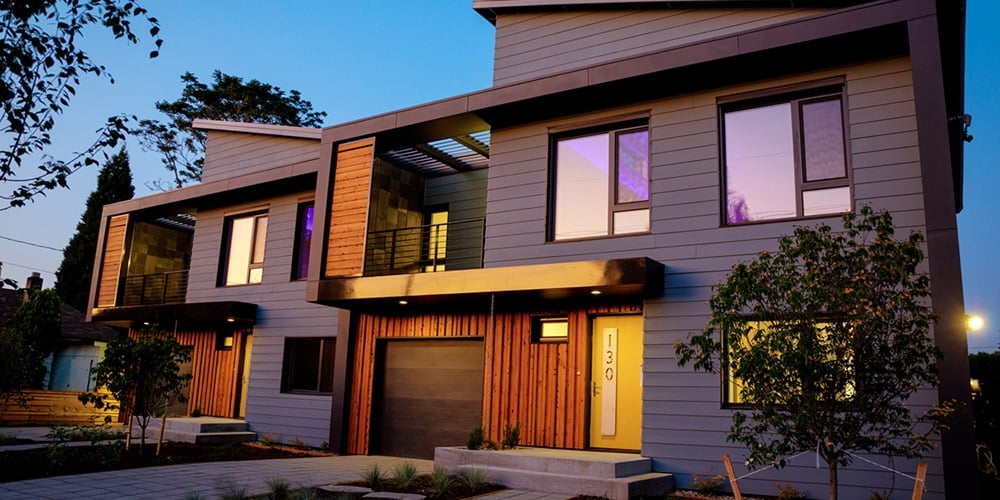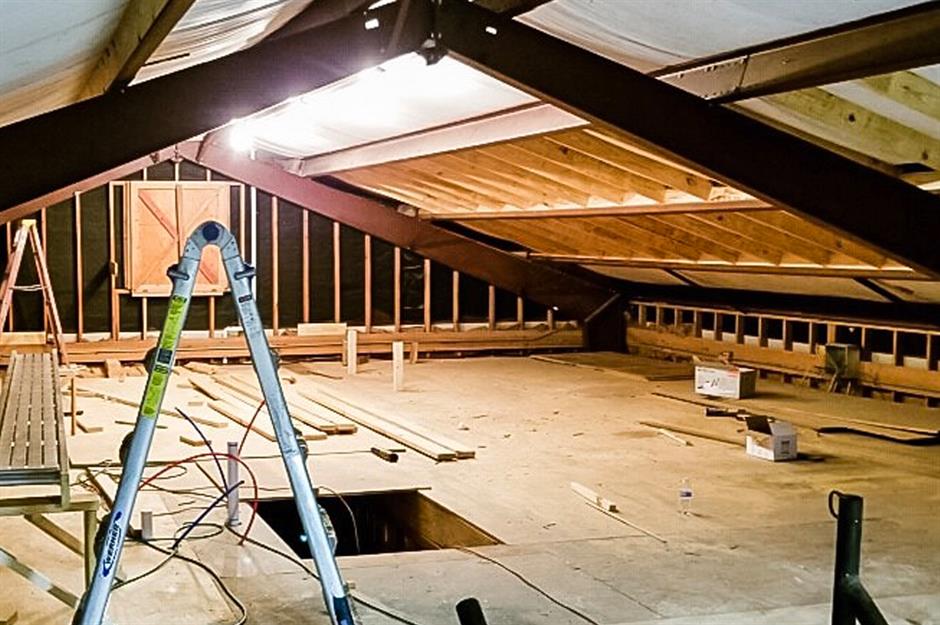Parents excited to introduce their little ones to the joy of swimming often ask, ‘When can a baby go in chlorine pool?’ This question is crucial, as a babys delicate skin and developing immune system require special consideration before diving into chlorinated waters. With some precaution and understanding, introducing your baby to a pool can offer both fun and developmental benefits.

Why Introduce Your Baby to Swimming?
Swimming is an important life skill with numerous benefits for babies, such as improved strength, coordination, and adaptability. Pools also offer opportunities for bonding between parents and their children. However, ensuring your baby’s safety and comfort in a chlorinated environment is essential.
The Right Age for a Baby to Swim in Chlorine Pools
Most experts recommend waiting until a baby is at least six months old before allowing them to enter a chlorinated pool. This is because babies’ skin and immune systems are still developing during the first few months, making them more susceptible to irritations and infections.
What Do Pediatricians Say?
Many pediatricians advise parents to avoid chlorinated pools until babies reach six months. Before this age, an infants thin skin may be sensitive to chlorine, potentially causing rashes or dryness. Additionally, their underdeveloped lungs may react adversely to chlorine fumes.
How Chlorine Affects Babies
Chlorine pools are treated to kill harmful bacteria, but the chemical can pose risks to babys sensitive skin, eyes, and respiratory system. Here are the common concerns:
- Skin Irritation: Chlorine can strip natural oils from a babys skin, potentially causing itching, dryness, or rashes.
- Eye Sensitivity: Chlorinated water might cause redness or irritation in babies delicate eyes.
- Respiratory Issues: Prolonged exposure to chlorine fumes could affect a babys sensitive respiratory system.
Minimizing Chlorines Effects
Simple strategies such as proper rinsing and using moisturizer can minimize the impact of chlorine:
- Rinse your baby with fresh water before and after pool time.
- Apply a baby-safe moisturizer to restore hydration to their skin.
- Limit pool time to 10-15 minutes for younger babies.
What to Look for in a Baby-Friendly Pool
Not all pools are suitable for babies. If youre planning to introduce your little one to swimming, ensure the pool is baby-friendly. Heres what to check for:
- Low Chlorine Levels: Opt for facilities with well-maintained pools that balance hygiene and minimal chlorine use.
- Warm Water: Babies are quite sensitive to temperature; pools should be warm enough to prevent shivering, ideally around 84-86F.
- Cleanliness: Choose pools that prioritize cleanliness and monitor chemical levels frequently.
Preparing Your Baby for Pool Time
Preparation is key when introducing your baby to chlorinated pools. Follow these steps to make their first swim enjoyable:
- Pediatricians Approval: Always consult your pediatrician to ensure your baby is ready for the pool experience.
- Proper Swim Gear: Use swim diapers and a baby swimsuit to ensure comfort and hygiene.
- Test the Waters: Allow your baby to splash in clean water at home to familiarize themselves.
Does Full Submersion Pose a Risk?
Babies should not be fully submerged until they are comfortable. Gradually introducing them to water allows them to acclimate and reduces the risk of choking or distress.
Alternatives to Chlorinated Pools
If youre hesitant about exposing your baby to chlorine, consider the following options:
- Saltwater Pools: These are gentler on sensitive skin and eyes.
- Home Pools: Small, inflatable pools filled with clean, filtered water can serve as a safer environment for babys first splashes.
Read more about lowering environmental impact in home pools on low-impact practices.
Frequently Asked Questions
1. Is it okay for a baby to swallow pool water?
Minor sips of pool water typically arent harmful, but actively monitor your baby to avoid large intakes, which may lead to stomach discomfort.
2. How do I know if chlorine levels in the pool are safe?
Check with pool staff or use a quality test kit to measure chlorine levels. Safe ranges are generally between 1.0 and 3.0 ppm.
3. Can younger babies go in a saltwater pool?
Saltwater pools are slightly gentler than chlorinated ones, but they still contain some chlorine. Its important to check with your pediatrician first.

Conclusion
The answer to ‘when can baby go in chlorine pool?’ varies with each childs development and parental precautions. While its generally safe to start at six months, careful preparation and understanding of risks are essential. By following best practices, you and your baby can have a delightful and memorable swimming experience.
For homeowners interested in installing a pool, ensure it adds value to your home by visiting pool home value.
This article contains affiliate links. We may earn a commission at no extra cost to you.




